- Key areas to research include resale values and used car pricing, title history, safety data, and vehicle recall information.
- Consumers planning to apply for car loans should review their credit reports before seeking financing.
- Use government resources whenever possible, as they are not commercialized and generally offer higher levels of objectivity.
Buying a used car is a major decision, especially with prices reaching record highs in 2021 and 2022. Purchasing a vehicle off the resale market is a buyer-beware proposition. This is true regardless of whether you buy from a dealer or directly from the previous owner.
Fortunately, there are a lot of resources available to guide your search. These sources help in many ways, from tracking average resale values to teaching consumers how to evaluate an individual vehicle. You’ll want them on your side if car shopping is on your to-do list. This roundup highlights 12 essential resources to consider.
Kelley Blue Book
Kelley Blue Book (KBB) debuted in 1926. The company specializes in price-tracking, vehicle valuations, and consumer information for the automotive industry. It takes its name from the annual publication for which it became famous: a comprehensive guide to used car values. Nowadays KBB publishes digitally, but the company’s “blue books” were once iconic fixtures in the auto information landscape.
Consumers can use KBB to generate accurate pricing estimates for used vehicles. KBB’s tools allow users to refine their searches in highly specific and targeted ways. Narrow results by region, mileage, trim level, and according to many other filters and search features. You’ll enter negotiations from a position of strength, equipped with pricing research data you can trust.
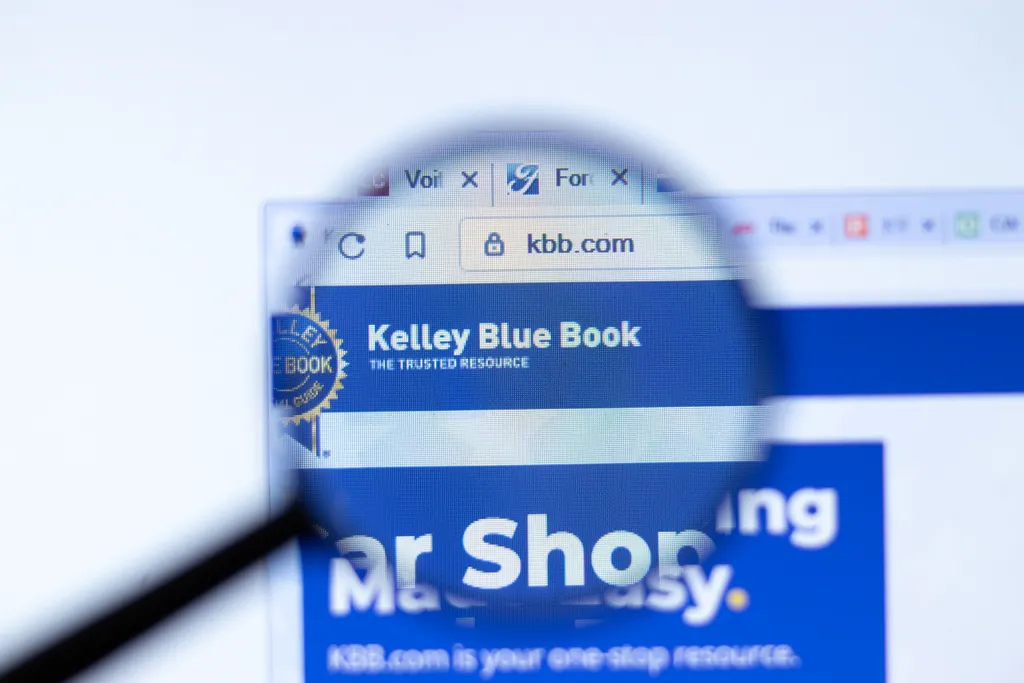 Shutterstock
ShutterstockAutotrader
Autotrader is another highly reputable source of used vehicle information. It excels at helping consumers source used vehicles in their local areas. Users can take advantage of powerful filters and search features to find vehicles matching highly detailed criteria. These tools are especially valuable for consumers operating within tight budgets.
You can use Autotrader for more than just leads on used vehicles. The portal also supports new car research and maintains an extensive library of informational resources. These include buying, vehicle evaluation, and trade-in tips. The latter can be particularly helpful if you’re planning to trade your vehicle in with a dealer to help finance your purchase.
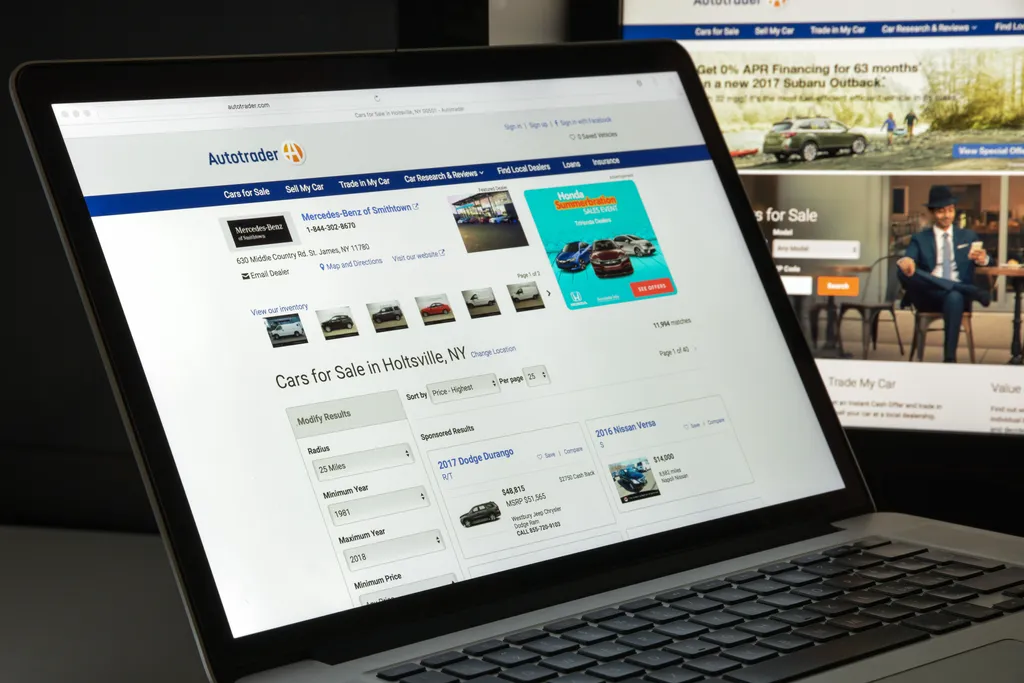 Shutterstock
ShutterstockCarMax
CarMax is an Autotrader competitor that offers a slightly different set of consumer research and information services. It primarily functions as a used car retailer: CarMax operates its own branded group of used vehicle dealerships. It also connects car buyers seeking specific makes and models with local vendors whose inventories match search queries. As an alternate search strategy, users can also search for used vehicles by category, such as sedans, SUVs, pickup trucks, and crossovers.
In addition, consumers can use CarMax to estimate their vehicle’s trade-in value. The site also offers guides covering vehicle service and repair needs, purchasing strategies, and background research.
 Shutterstock
ShutterstockUsed Vehicle Evaluation Guides
Unscrupulous sellers are known to go to great lengths to hide defects and problems with their vehicles. Unfortunately, it isn’t just rogue individual vendors who engage in such trickery: some dealerships are also guilty of such shenanigans. Thus, it’s important to know how to identify potential problems and red flags in used cars no matter where you plan to shop.
Professional automotive journalism outlets and amateur subject-matter experts both publish these types of guides. Amateur guides can actually be extra helpful, as independent enthusiasts aren’t restrained in what they can say. Here is one of many such examples you’ll find circulating on the internet.
 Shutterstock
ShutterstockCredit Bureaus
With car prices at record levels, buyers are more likely to finance their vehicle purchases. For most people, that means taking out a loan from a bank or an online lender. Loan availability and the terms attached to your offer both depend heavily on your credit score. Thus, you should check your score before you start your loan shopping.
Experts recommend that you begin by requesting a free copy of your credit report. Each of the three main credit bureaus (profiled below) is required to supply one free report per consumer per year. The U.S. Federal Trade Commission (FTC) offers complete details on how to request yours.
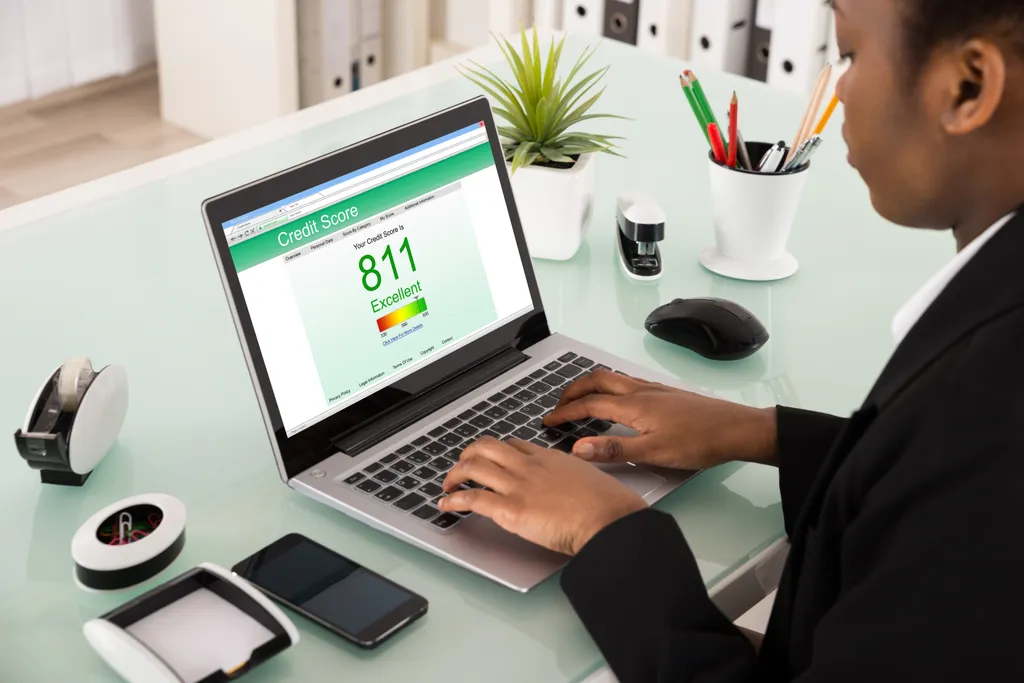 Shutterstock
ShutterstockEquifax
Equifax makes it easy for consumers to order a free copy of the credit report they have on file with the bureau. You have three options for proceeding. First, you can sign up for a free myEquifax account and your credit report will post automatically. Second, you can request one through the Annual Credit Report portal. Finally, if you meet certain eligibility criteria, you can also obtain multiple free Equifax credit reports each year instead of only one.
When you obtain your report, check over both the personal and account information sections carefully. Ensure the accuracy of all the information listed. Dispute any inaccuracies immediately so they can be corrected before you apply for your auto loan.
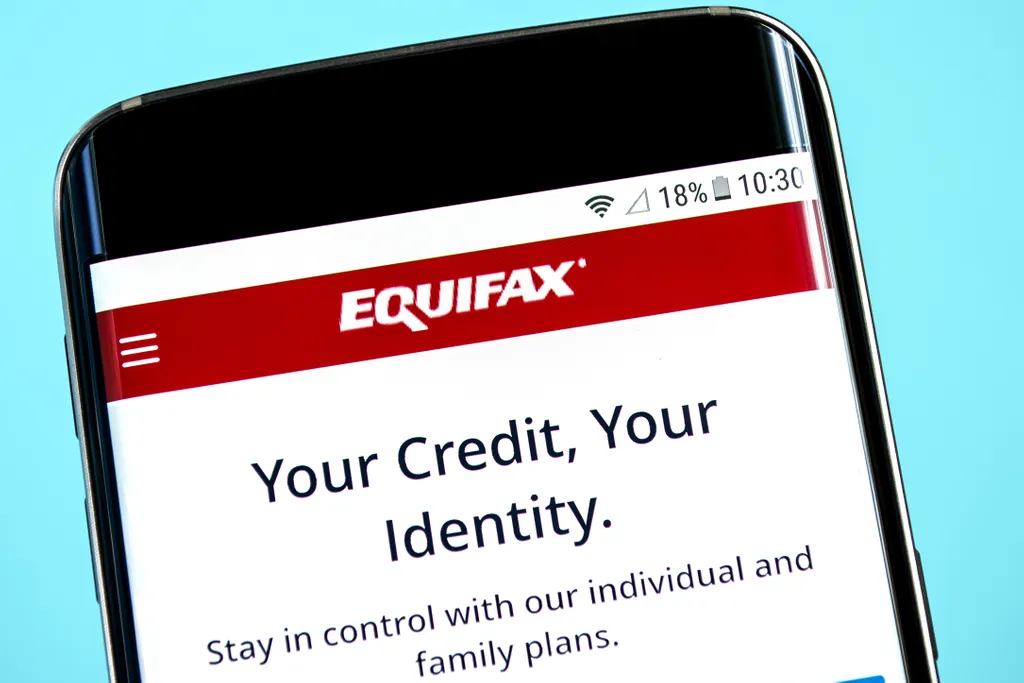 Shutterstock
ShutterstockExperian
The Experian bureau uses a consumer metric known as the FICO score when reporting your credit standing. The FICO system uses a range of 300-850 to evaluate consumers’ creditworthiness. Scores of 300-499 are considered “very poor,” with 500-600 being “poor,” and 601-660 being “fair.”
Consumers in the 661-780 (“good”) and 781-850 (“excellent”) ranges have readier access to loans and lower interest rates. When you order your free Experian credit report, check to make sure it’s completely accurate. Then, consider your score. If you’re close to the next range up from where you are, take some time to repair your credit before applying for a loan.
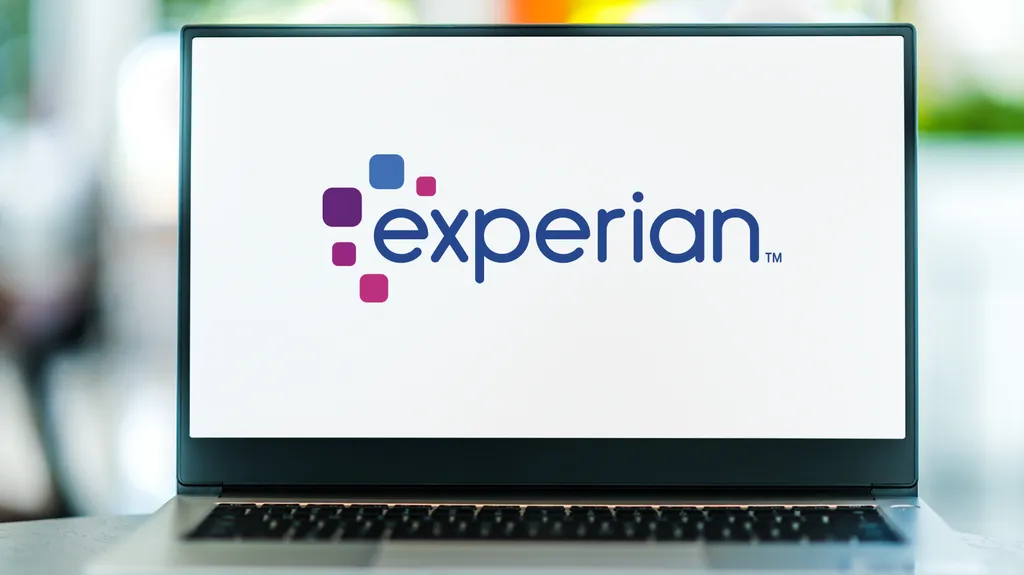 Shutterstock
ShutterstockTransUnion
When lenders check your credit history, they see reports from all three of the major credit bureaus. Thus, when you’re researching your own credit standing, you should see all three too. This means you shouldn’t overlook your free TransUnion credit report.
TransUnion is currently offering a special promotion. Consumers can register with TransUnion to receive a free copy of their credit report each week throughout 2022. You’ll be able to track progress in improving your score from week to week and know exactly when to pull the trigger on a loan. It’s a great time to take advantage of this rare and valuable offer.
 Shutterstock
ShutterstockMyCreditUnion.gov
Loan calculators are essential tools for borrowers. They help you assess the financial impact of your purchasing decisions. Before you take out a loan, you should have a clear picture of how it will affect your monthly finances. A car loan calculator makes it fast and easy to run numbers, compare various scenarios, and set your budget.
Many websites offer financial calculators, including used car information sites that offer them as built-in features. However, one you should bookmark is the U.S. government’s MyCreditUnion.gov site. It’s a one-stop resource for your financial planning needs, from loans and mortgages to saving for retirement.
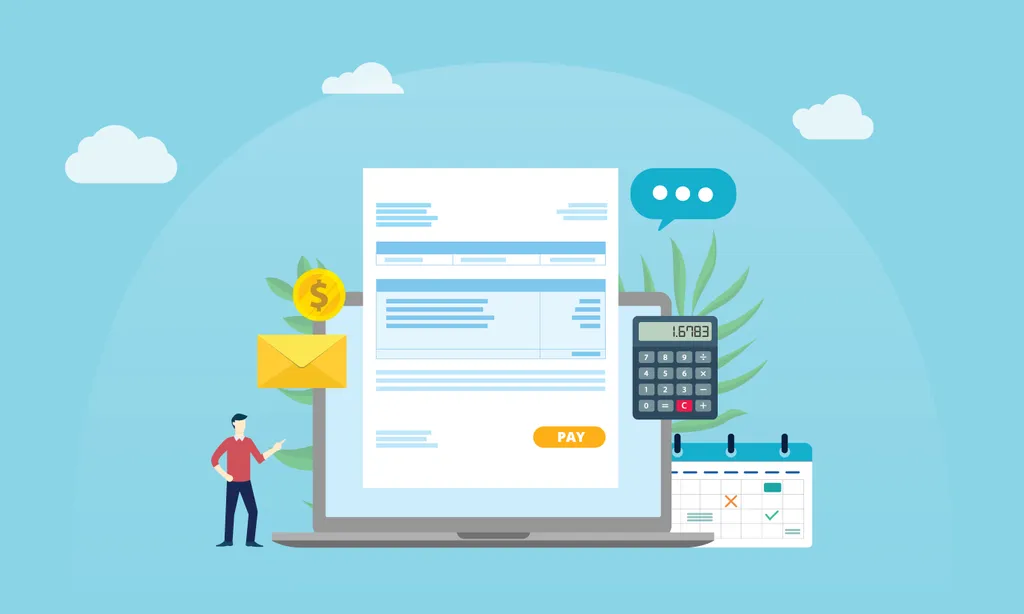 Shutterstock
ShutterstockInsurance Institute for Highway Safety (IIHS)
You should always review vehicle safety information for the make and model you’re considering. Not all cars are made equal when it comes to safety features and profiles. Avoid guesswork: run every make and model you’re considering through a specialized search engine that checks its track record.
To this end, the IIHS offers a valuable resource. The IIHS vehicle ratings tool measures the safety of specific vehicles in two important ways. It tests crashworthiness, or how well a given car holds up in the event of a major accident. The IIHS also evaluates crash avoidance features and crash mitigation technologies.
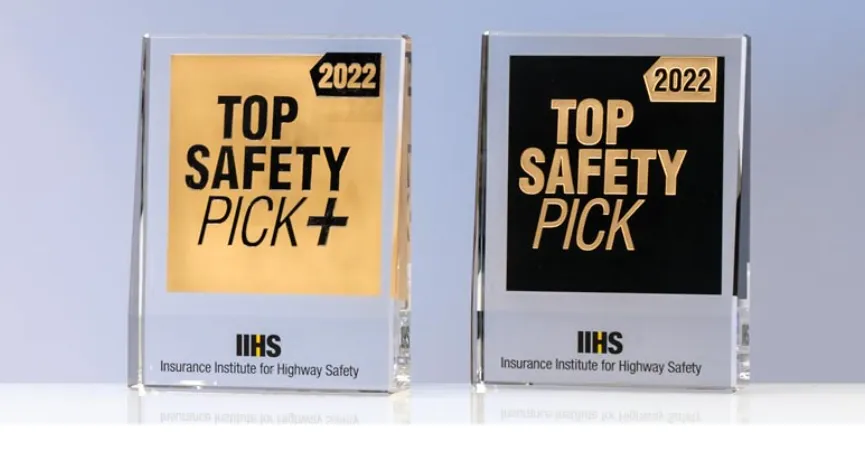 Source: IIHS
Source: IIHSNational Highway Traffic Safety Administration (NHTSA)
The NHTSA offers a wide range of consumer information research tools for vehicle buyers and owners. First, you can use the NHTSA’s general safety research tool links to category-specific insights. It works best for consumers seeking information about broad trends impacting highway safety and vehicle features that protect occupants.
Another important resource is the NHTSA’s vehicle safety issues and recalls database. With this tool, just enter the vehicle identification number (VIN). The system will instantly tell you whether the vehicle has ever been included in a safety recall. The NHTSA also maintains general lists of all recent safety recalls affecting passenger vehicles sold in the United States.
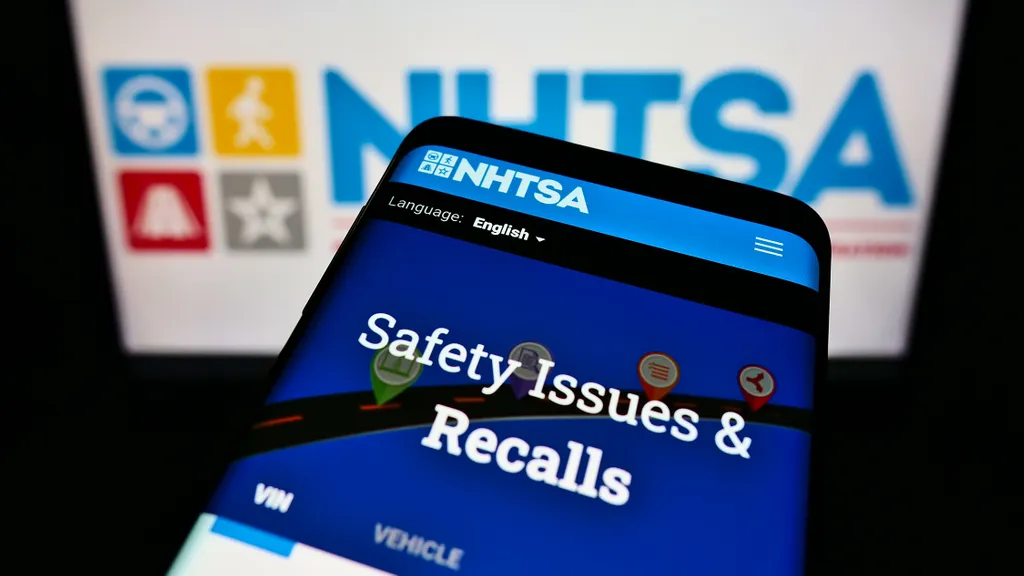 Shutterstock
ShutterstockNational Motor Vehicle Title Information System (NMVTIS)
NMVTIS operates as a project of the U.S. Department of Justice (DOJ). Its purpose is to crack down on fraud in used vehicle sales. You can use the NMVTIS system to perform title research on any vehicle you’re thinking about buying. It is similar to the kind of background research you might perform on a home you’re interested in purchasing.
When you order a NMVTIS Vehicle History Report, you will learn five critical facts about the car you’re researching. These data points include the vehicle’s current title standing, its brand history, and its odometer reading at last sale. Reports also provide details about the vehicle’s insurance loss history and salvage history. Don’t get stuck with a lemon: check the NMVTIS database before you buy.
Similarly, you can use a paid service like CarFax. For a relatively low price, they will check the VIN for accident history, airbag deployments, flood damage, ownership history, emissions results, service records, and whether the vehicle was ever used for commercial purposes.
 Shutterstock
Shutterstock



